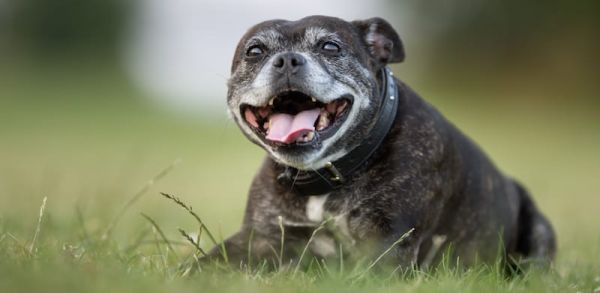|
With flu season in full swing, now's a good time for us to answer the common question, can my pet get the flu?
The answer is yes - but unlike in humans, there isn't really a flu season for dogs and cats and infection can occur at any time of the year.
Dogs might contract canine cough (often referred to incorrectly as kennel cough) and cats can suffer from cat flu (commonly caused by a herpes virus).
Canine cough
Is a highly contagious disease that's passed from dog to dog by moisture droplets. Your dog might be infected at the local park or at a boarding kennel due to the large number of dogs in one area. Vaccination is given annually and is very effective at protecting your pet against the worst strains of this disease.
Your dog may still contract a milder form of canine cough, even if he is vaccinated, but this usually resolves by itself or requires only a short course of antibiotics.
Cat flu
Is also highly contagious and can cause severe illness, especially in elderly cats or kittens. Vaccination is highly effective and while it won't always prevent cats from developing flu, it helps reduce the severity of the condition. Flu vaccinations are given annually and are an important way to help keep your cat stay happy and healthy.
To check if your pet is protected against these diseases, please call us and we can easily look up your pet's vaccination history and give you the best advice.
|
